(Radio Iowa) – This is “See Track? Think Train” week. Francis Edeker, the state coordinator for the “Operation Lifesaver” program, says more than 23-hundred people are injured or killed every year at railroad crossings. “Running around the gates and lights is a big problem — 60% of the incidents with the trains happened at crossings where there are lights and gates out there,” He says. “And 25% of the incidents are people that drive into the side of trains…and 25% of them hit the 30th or 40th or 50th car of the train, which means they’re doing a distraction and not paying attention.”
Edeker says having pedestrians on and near railroad tracks has become a major concern. “Family pictures and high school senior pictures being taken on the railroad tracks — that’s a big problem here in the state of Iowa and even in the United States all over,” he says. Edeker says pedestrians and vehicles are only allowed to cross the railroad tracks at designated crossing areas. “Any other place or walk down them or beside them on the right-of-way — your trespassing,” Edeker says. “The way the law reads is all the officer has to do is see you out there…and he can write you a ticket.”
The fine for a first trespassing violation in Iowa is 200-dollars. This past July, the state fine increased to 520-dollars for ignoring crossing gates and warning lights and illegally driving across railroad tracks in so-called “quiet zones.” Trains approaching railroad crossings in the 21 “quiet zones” in Iowa are not required to sound the horn, to reduce noise in cities.
The cities in Iowa that have quiet zones includes: Ames, Bellevue, Boone, Burlington, Creston, Denison, Fairfield, Hiawatha, Mason City, Mount Vernon, Nevada, Ogden, Ottumwa, Sergeant Bluff and Sioux City.




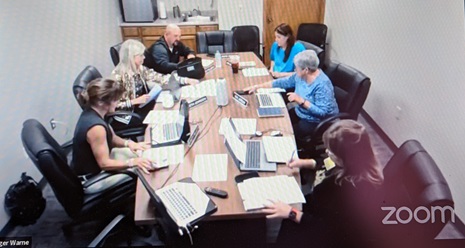
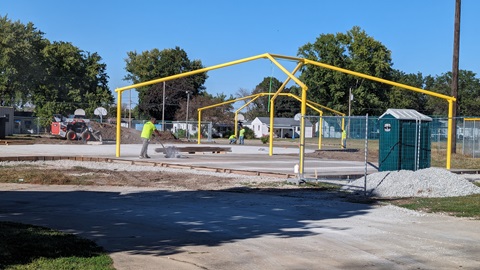
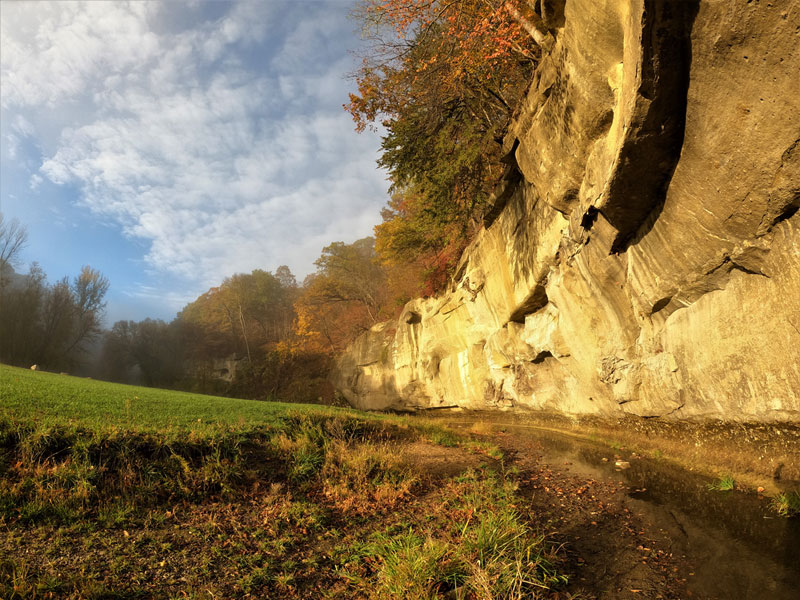
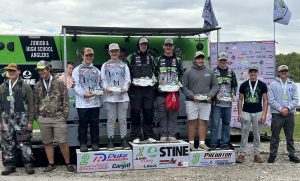
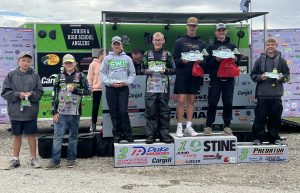 Southwest Iowa Fishing Team kicked off their 2024/2025 AgriVision Elite boat series season this past weekend on Viking Lake. Forty student anglers launched their boats in rainy conditions, but by the end were greeted with sunny weather for late September. Atlantic Trojan anglers Joaquin and Jake Wailes of Wiota, reeled in the winning bag in Powerade High School Series at the McDermott and Son Roofing / Dump Truck Jig TBF bass fishing tournament. The brothers found the fish early and hauled in an impressive bag of 5 fish weighing 14.88 pounds. Again, the rest of the teams were highly competitive Kade Wilson and Zach Bass finished in the runner up spot with a total of 14.12, third place went to Colin Rudy and Matt Pollack from Atlantic with 11.14, Cody Swank, Harlan, and Gavin Dougherty, Atlantic were fourth with 9.94 and rounding out the top five Atlantic Trojans Braxton Hass / Hunter Quist, 9.83.
Southwest Iowa Fishing Team kicked off their 2024/2025 AgriVision Elite boat series season this past weekend on Viking Lake. Forty student anglers launched their boats in rainy conditions, but by the end were greeted with sunny weather for late September. Atlantic Trojan anglers Joaquin and Jake Wailes of Wiota, reeled in the winning bag in Powerade High School Series at the McDermott and Son Roofing / Dump Truck Jig TBF bass fishing tournament. The brothers found the fish early and hauled in an impressive bag of 5 fish weighing 14.88 pounds. Again, the rest of the teams were highly competitive Kade Wilson and Zach Bass finished in the runner up spot with a total of 14.12, third place went to Colin Rudy and Matt Pollack from Atlantic with 11.14, Cody Swank, Harlan, and Gavin Dougherty, Atlantic were fourth with 9.94 and rounding out the top five Atlantic Trojans Braxton Hass / Hunter Quist, 9.83.
